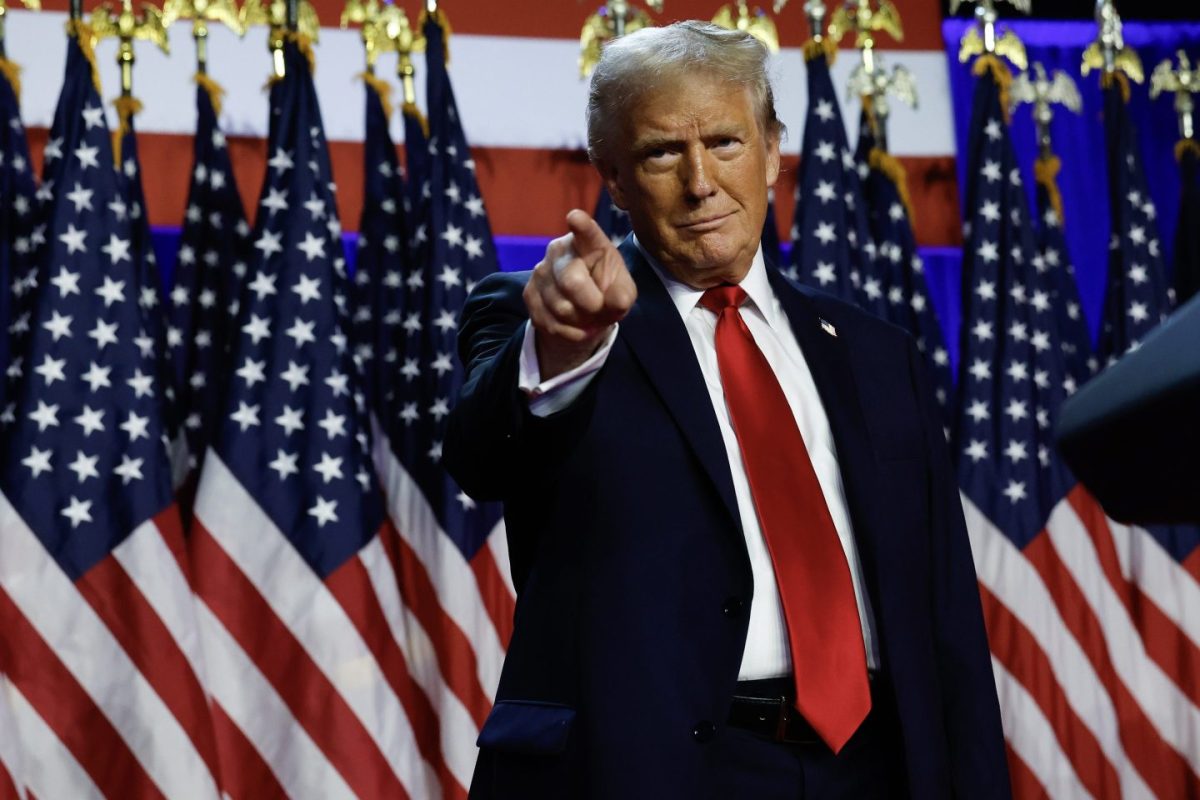This past week marked the 11th anniversary of 9/11, a tragic day in our nation’s history. The United States fell victim to a series of terrorist attacks, spanning all the way from the Pentagon to the World Trade Centers, to a field in Pennsylvania. While we haven’t been majorly attacked on American soil in just over a decade, however, it is naïve to think that we, as Americans, cannot be targeted. There are hundreds of U.S. embassies around the globe, even in countries whose governments remain unstable. On Sept. 12, 2012, the U.S. consulate in Benghazi, Libya, was attacked, killing four Americans, including U.S. diplomat Chris Stevens.
I cannot imagine what his family and close friends must be going through right now. There comes a time where even the best of words cannot lighten a truly dismal situation. But moments like these tend to make me reflect on the current relations the U.S. has in foreign affairs, particularly terrorism.
I walked into my terrorism class last week, waiting for the professor to arrive. I knew, before she even said it, that we weren’t going to be following the syllabus that day. The U.S. had been attacked by a terrorist organization, no question about it. Throughout the entire lesson, however, one question stuck in the back of my mind, the question I’m sure has been on everyone’s mind since that fateful day 11 years ago: why?
There is no international definition for “terrorism.” Maybe that has become part of the problem—we cannot define what we want to stop. But no, it goes much deeper than that. Sure, we can come up with a million different reasons as to why the U.S. has become the target practice for terrorist groups…but honestly, none of them make sense to me. We can even outline the steps terrorists take to ensure that fear is instilled in our minds, that we become outraged at our government for both their actions and inactions. It is important we understand these factors, because it will assist us in anticipating their next moves.
But you see, that question—why?—is still nagging at me. Call me optimistic, but I think the world is capable of peace. There is no need for terrorism or fighting among groups. Many years ago, the U.S. was nicknamed the “melting pot” because of all the cultures, and religious and political beliefs people carried with them as they entered this country. It took a while, but the U.S. has become a decently tolerant place. Of course, I am not saying we’re perfect, but I know I’ve grown to be a pretty accepting person. Is it so hard for the rest of the world to do the same, without using violence to prove a social or political point? I truly wish the answer to that question wasn’t “yes,” but sadly, it is.
Terrorists hold their own political beliefs and ideas about how their communities, countries, or the world should be run. Many of these groups turn to violence to address these injustices, but targeting innocent civilians should never be the means to an end. What happened at the U.S. consulate in Libya was indeed a tragedy, and incidents like these only raise more questions as to why everyone just refuses to get along.
In the end, I don’t think I will ever live to see a world without terrorism—and let me tell you, that’s a very disappointing thing to realize. Maybe in the future, problems can be solved in peaceful ways, but until then, I guess all there’s left to do is hope.



